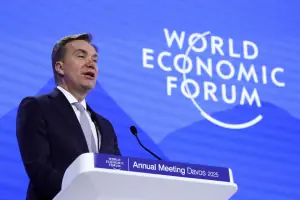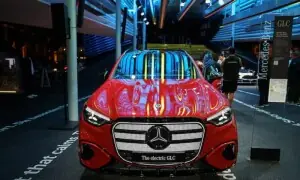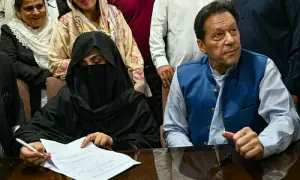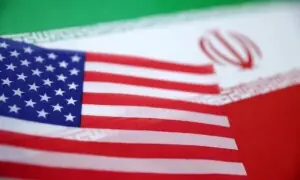EU calls for diversifying battery, solar panel material supplies
2 min readThe European Union has called for diversifying its supplies of raw materials needed to make solar panels, electric car batteries, and other key elements in an attempt to reduce dependency on China, The Guardian reported.
According to the bloc plans, it will work to ensure that by 2030 it does not rely on a single country for more than 65% of its supply of any raw material needed in its bid to solarisation.
The act was passed with 515 votes in favour and 34 against and will now be negotiated between the EU parliament and the council.
The path towards European sovereignty and competitiveness has been set, said Nicola Beer, a German Member of the European Parliament with the liberal Renew Europe grouping, who was in charge of the proposal.
“With an overwhelming majority across political groups in the vote, the European parliament has made its position on security of supply very clear,” he added.
The EU relies on different countries including China to get the critical raw materials such as lithium for electric car batteries and silicon for semiconductors in solar panels.
“There will be no e-mobility without batteries, and there won’t be more batteries without more lithium. A credible and strategic raw materials policy must increase our supply from reliable sources,” said Hildegard Bentele, a German MEP of the European People’s party.
The EU aims to extract at least 10% of its materials and process 50% of its demand domestically by 2030, along with up to 20% of processing capacity to come from partnerships with emerging markets.
It plans to enhance recycling capacity, aiming to collect, sort, and process 45% of strategic materials in waste for recycling.
The proposal also called for allowing up to 20% of new processing capacity to come from partnerships with emerging markets. It should also boost recycling capacity to collect, sort and process 45% of the strategic materials in its waste for recycling.
According to a net zero emissions scenario from the International Energy Agency Global, the demand for each of the five key critical minerals including nickel, cobalt, lithium, copper and neodymium will grow by 1.5 to seven times by the end of the decade.
For the latest news, follow us on Twitter @Aaj_Urdu. We are also on Facebook, Instagram and YouTube.








![[1/4] A solar power plant with photovoltaic systems is seen near Mainburg, north-west of the Bavarian capital Munich, Germany, October 20, 2021 - REUTERS [1/4] A solar power plant with photovoltaic systems is seen near Mainburg, north-west of the Bavarian capital Munich, Germany, October 20, 2021 - REUTERS](https://i.aaj.tv/primary/2023/09/15121327d6d0395.jpg)
















Comments are closed on this story.